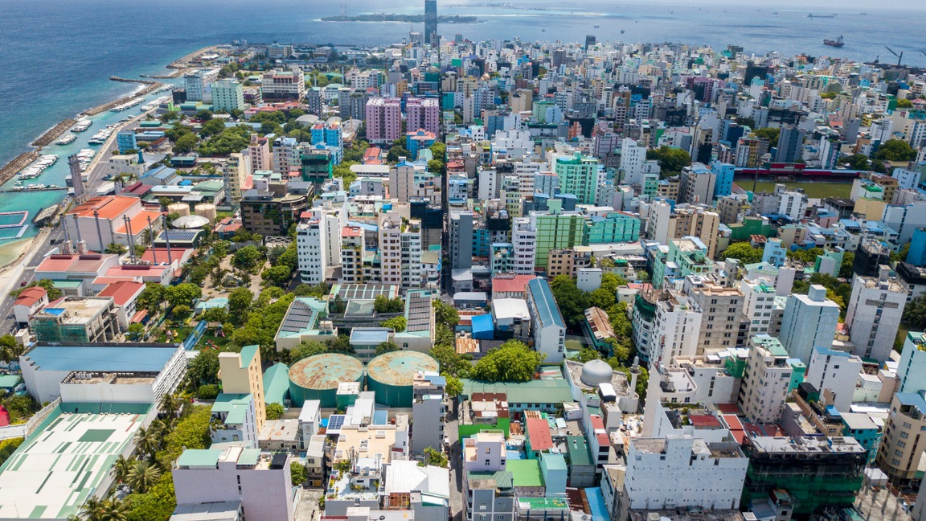
The Maldives has scored a score of 47.3 in the 2022 Index of Economic Freedom, making its economy the 161st freest this year. The Maldives is ranked 36th among 39 countries in the Asia–Pacific region, and its overall score is below the regional and world averages.
After growing from 2017 through 2019, the Maldives’ economy contracted in 2020 and recovered in 2021. During those five years, economic freedom at first strengthened but then weakened significantly. Driven down by weak scores for fiscal health and business freedom, the Maldives has recorded a 3.0-point overall loss of economic freedom since 2017 and has fallen from the “Mostly Unfree” category to the “Repressed” category. Although the economy is lightly burdened by taxes, investment freedom and financial freedom are very anemic.
Maldives’ economic freedom score is given based on quantitative and qualitative factors, grouped into four broad categories, or pillars, of economic freedom.
Rule of Law
- Property rights in Maldives are limited.
- The state owns most land and leases it to private owners or developers.
- The judiciary is slow, politicized, often arbitrary, and subject to external influence.
- Corruption is endemic at all levels of government.
- The enforcement of laws remains inconsistent and targets the political opposition.
- Some whistleblowers and journalists have been jailed.
Government Size
- The Maldives government levies no personal income or corporate tax.
- Bank profits are subject to a profits tax.
- The overall tax burden equals 17.5 percent of total domestic income.
- Government spending has amounted to 38.6 percent of total output (GDP) over the past three years, and budget deficits have averaged 11.9 percent of GDP.
- Public debt is equivalent to 142.6 percent of GDP.
Regulatory Efficiency
- Upgrades to telecommunications infrastructure have been extended to outer islands, but some further upgrades were slowed by COVID-19, which also has contributed to widespread job losses.
- About 70 percent of the labor force works in services.
- In 2021, according to the finance ministry, the government subsidized more than 60 percent of the price of staples (rice, sugar, flour) and funded higher subsidies for electricity and fuel.
Open Markets
- The Maldives has two preferential trade agreements in force.
- The trade-weighted average tariff rate is 12.5 percent, and nontariff barriers persist.
- A new foreign investment code that still excludes several sectors from foreign participation and ownership was adopted in 2020.
- The financial sector is shallow and dominated by banking.
- Costly credit and limited access to financial services impede development of a vibrant private sector.












